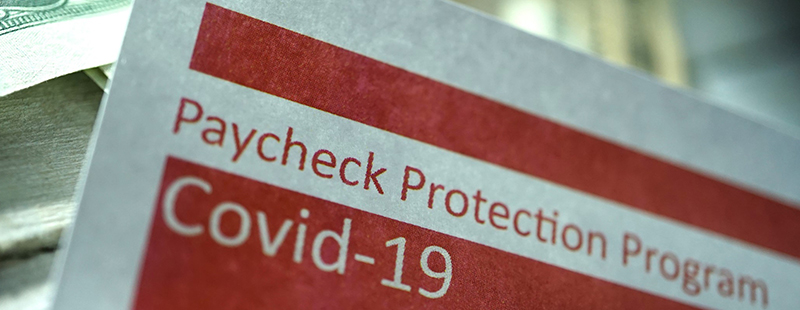On April 21, the Senate passed legislation that would allow for an additional $320 billion for the Small Business Administration Paycheck Protection (PPP) Program. As it stands, $60 billion of new Small Business Administration Paycheck Protection Loans would be given to banks, credit unions and CDFIs. Credit unions and other financial institutions under $10 billion in assets would have access to half ($30 billion) of the funds while financial institutions with assets of between $10 billion and $50 billion would be allotted the remaining $30 billion.
This announcement of new funding is included in the latest coronavirus crisis stimulus legislation negotiated between the Trump Administration and congressional leaders. The Senate passed the bill by unanimous consent and it is expected that both the House and President Trump will push the bill through quickly.
The first batch of money that was set aside for the PPP program did not go the small businesses that needed it the most. Since many of the small businesses did not have existing relationships with the banks, they were not able to get loans in the initial round of lending. Another major issue was that even when banks were helping their customers first, they were more inclined to help customers that had pre-existing loans with them.
It appears that more than 75 publicly traded companies with market capitalization of over $100 million were able to take advantage of the first round of PPP funding. According to a recent notice by Morgan Stanley, the U.S. government has allocated at least $243.4 million of the total $349 billion to publicly traded companies. This has left thousands of small businesses in the cold, without the ability to support their employees.
Call us if you have any questions related to PPP Loans.





